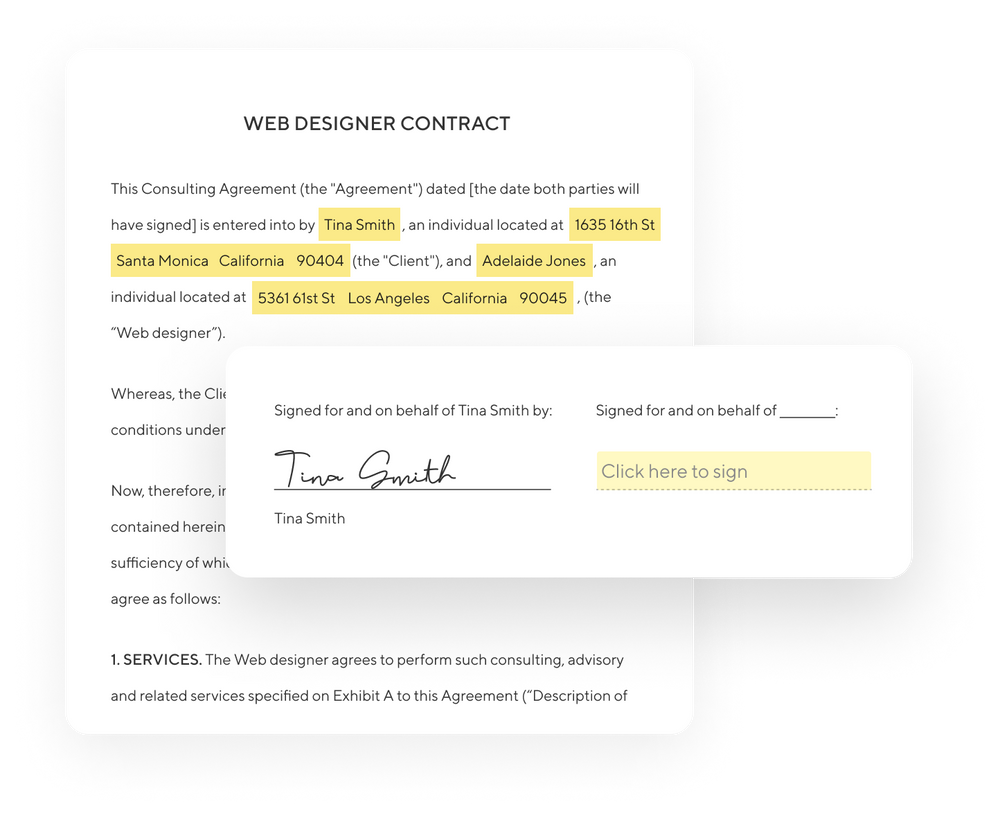So you’re sick of waking up every morning dreading your 9-5, and you’ve finally hit that threshold: enough is enough. That’s an experience just about every freelancer has had, so welcome to the party!
You’re thinking that becoming a freelance virtual assistant is the answer, but is it? Like any career choice, there’s no “yes” or “no” answer – it’s all about the pros and cons, and knowing what you’re looking for in a career.
Before we dive into those pros and cons, though, let’s clear up some misunderstandings. What exactly is a virtual assistant?
What Does a Virtual Assistant Do?
The simplest way to describe the virtual assistant business is that VAs are basically administrative assistants who work remotely. Typical virtual assistant duties include schedule management, customer service, file management, client outreach, and other basic executive and business support services.
Every arrangement is different, though, so some gigs might also involve invoicing, processing payments, website maintenance, social media management, and other tasks. It all depends on what skills you have and what the client needs.
Benefits of Being a Freelance Virtual Assistant
Is the VA life a good fit for your next career? It could be, because it boasts some great advantages over traditional office jobs.
Low Barrier to Entry
To be a virtual assistant, you need great organization and time management skills. Those are considered “soft skills,” though, meaning that they don’t typically require direct training. That means anyone with those inherent abilities can start offering virtual assistant services without much difficulty.
Are there tricks you’ll pick up along the way in building your virtual assistant company? Of course. But unlike freelance web development, graphic design, search engine optimization, or similar skills, you don’t need to spend months (and thousands of dollars) learning direct skills before day one.
Higher Pay than Traditional Administrative Assistants
As I mentioned above, the VA’s closest equivalent in traditional employment work is the administrative assistant. Sometimes receptionists have similar duties as well.
When we compare salaries between the two, there’s a marked difference. The average freelance virtual assistant salary is around $48,000 per year. Meanwhile, a typical administrative assistant makes about $36,000 per year.
It’s important to note that employees do get financial benefits that freelancers don’t get, like health insurance and paid time off. Freelancers also pay self-employment taxes. Still, with those average, it’s likely to work out in your favor.
More Growth Potential
Freelancing as a VA isn’t just a job. You’re building a business too. That gives you far more opportunities for growth.
For VAs in particular, your income potential skyrockets when you learn new skills that can add to your services. For example, many VAs learn copywriting, HTML and other light web design or editing, social media management, or bookkeeping. The more services a VA can offer clients in one package, the more they can charge.
Do you think being a virtual assistant may be right for you? We sat down with professional VA Erin Booth to ask the biggest questions about being a freelance virtual assistant. Find out how to launch and grow a successful VA business in our interview.
Disadvantages of Being a Freelance Virtual Assistant
As sunny and sparkly as the freelance VA life sounds, it has its downsides like anyone else. To truly know if it’s worth it, every prospective freelancer has to weigh the pros and cons for themselves.
Less Freedom than Other Freelance Gigs
Without a doubt, independent VAs have more scheduling freedom than a typical 9-5 administrative assistant. Depending on their specific arrangements, though, many VAs don’t have as much freedom as other freelancers do.
As a VA, you might need to answer phone calls during certain hours. That means there are select hours when you have to work, rather than choosing your own hours. Those who answer phones also need to work from home or work in another quiet setting. That means fewer options compared to a freelance writer or designer who can do their work from coffee shops or elsewhere.
Need for Innate Skills
As I mentioned earlier, the most important skills for a VA to have are time management and organization. Those aren’t skills that come from training, which means you don’t have to take any classes to learn them, but they’re also skills that some people simply have while others don’t.
In other words: not everyone is cut out to be a VA, and that’s true with many other careers as well. It can help to take a VA course to learn the basics and to learn about running a business, but if organization doesn’t come naturally to you, it’ll be a tough nut to crack.
General Freelancing Downsides
Freelancing is a give and take: you get more freedom and income potential but there are downsides to consider too. The inconsistent income is one: it rises and falls as potential clients come and go. You also have the added cost of self-employment taxes without the employment benefits of health insurance and paid time off.
That’s all true for freelancing in general, and it includes freelance VA work as well as running any other type of online business. Those disadvantages matter more to some than others, so it’s a matter of doing the math and determining if you’re prepared for the ups and downs of being a business owner.
The Verdict: Is Being a Freelance Virtual Assistant Worth It?
With all that in mind, is it worth it to launch a VA business? That’s up to each person to decide. Many emerging VAs dip their toes into the water, providing assistant services as a side gig while keeping their 9-5. Others decide to summon their bravery and take the leap. No matter which path you choose, remember this: it’s all about finding the career that pays your bills while making you feel fulfilled as well.



